Children learn what they feel through their interaction with their parents, through their gestures, their words… They learn how to calm down when they’re stressed or uncomfortable, how to manage their feelings, how to define them…
When a child’s emotional needs are not properly met, he develops his personality in a specific way. This deficiency accompanies the child throughout his life and shapes his life.
The way he connects with people, the way he lives himself…
If you lacked parental love as a child, you developed the following ten personality traits:
1. Insecure connection with others

Stable, loving parents raise their children with a sense of understanding and support. They teach the child that relationships are stable and caring. That the world is a place of opportunities to explore, that people take care of each other.
Emotionally unreliable parents send the message that relationships are precarious and that nothing in life is guaranteed. Children with such parents become anxious people eager for love and connection.
Children of restrained or belligerent parents build a kind of armor around themselves and become people who try to be as independent as possible. People who do everything to avoid attachment.
On the one hand, they want intimacy, and on the other, they’re afraid of it – because they’re afraid of being rejected and hurt. This negatively affects all forms of relationships throughout life, from love to friendship.
2. Underdeveloped emotional intelligence

The child learns how he or she feels through interaction with parents, through their gestures, their words… He or she learns to calm down when stressed or uncomfortable. Parents teach a child how to express feelings, how to name them, how to manage them, how to deal with fears and negative emotions.
Growing up in an unhealthy, precarious environment means that children are unable to regulate their emotions properly. They are either overwhelmed by them, or have built a wall around them.
Both styles reflect insecurity and hinder the definition of feelings and the formation of emotional intelligence.
Many experts believe that emotional intelligence is far more important than IQ or domain expertise. Those with this gift are able to manage their lives intelligently.
For example, depending on the petty reactions of others, they can predict what’s going to happen or act very subtly on someone to guide them the way they want the whole story to unfold.
3. Disturbed sense of self
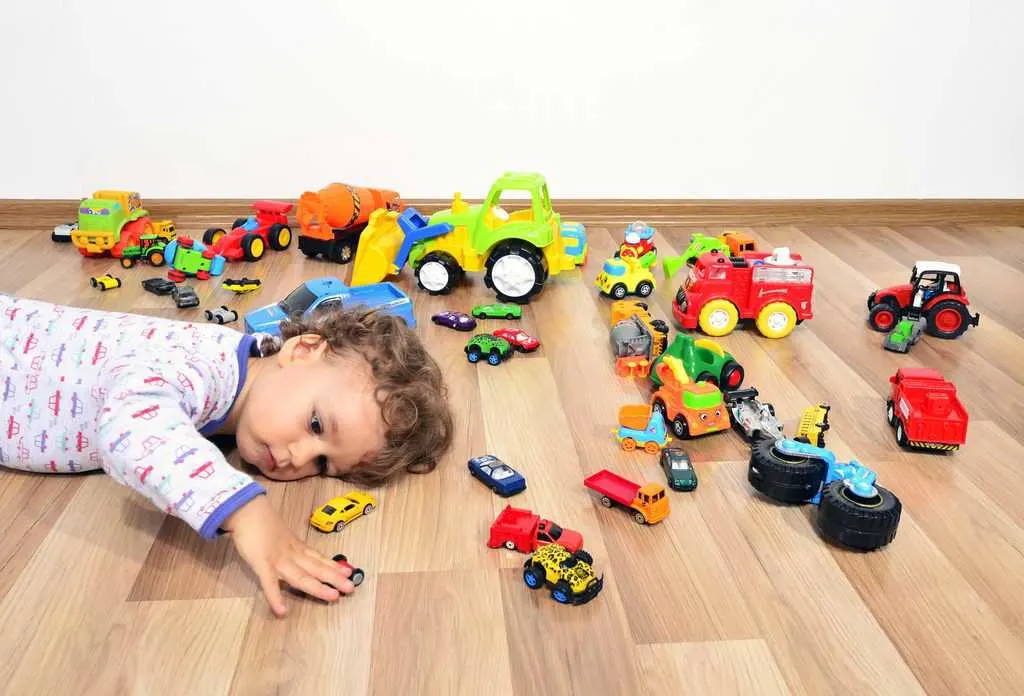
From birth, when a child begins to recognize the shapes around them, they recognize their parents’ faces. More precisely, the expressions on their faces. A gentle expression tells the child that he or she is accepted.
As if to say: “You are you, and I love you just as you are”.
Parents’ faces that show a lack of love and attention are in fact telling the child that he or she is lacking. Avoiding, ignoring and neglecting a child results in the child feeling less valuable.
Parents who constantly criticize a child create the feeling that he or she will never be good enough. All this is reflected later in adult life and the emergence of a distorted image of oneself, one’s values and abilities.
4. Lack of trust
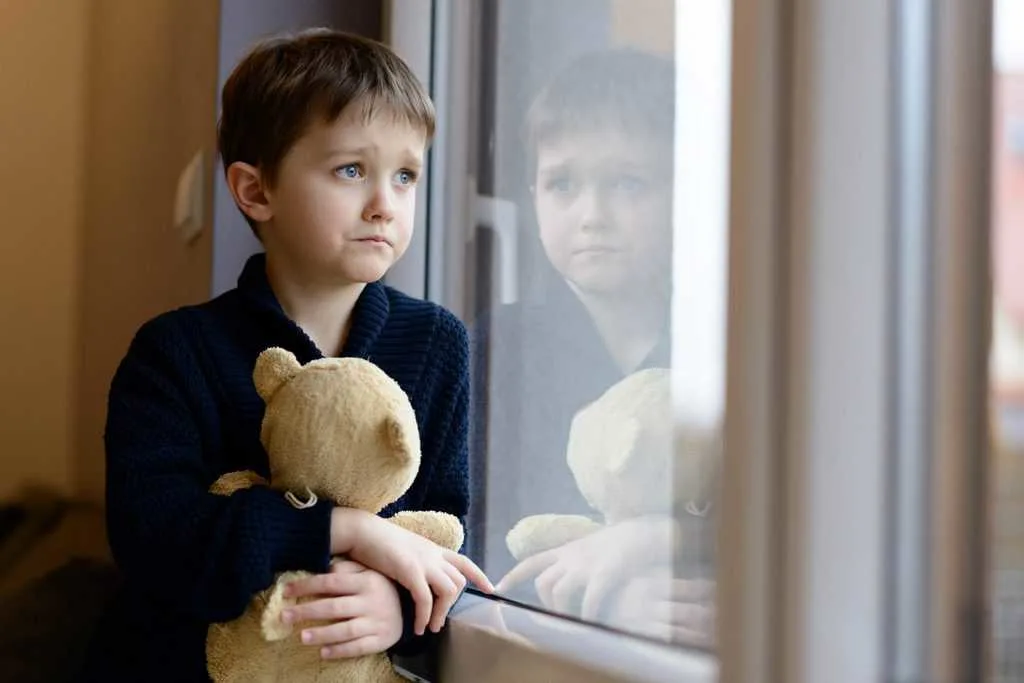
To be able to trust others, you have to believe that the world is basically a safe place. And that the people in it are mostly well-intentioned, if imperfect.
With emotionally unreliable parents, or those who criticize too much, are too belligerent, children see interpersonal relationships as something unstable and dangerous.
The people around them become increasingly unreliable. As a result, they are unable to trust them, especially in close relationships such as love affairs or friendships.
5. Constraint problems

Parents who have a healthy relationship full of understanding and love for their child teach them by example that it’s normal to have personal space in intimate relationships. For example, they don’t enter the child’s space without respect, nor, say, force him to interact when he’s not in the mood to do so.
Children of intrusive or unreliable parents begin to behave superficially so that their independence is never compromised. They don’t understand the importance of personal space and how healthy and necessary it is for each individual.
And this, later in life, leads to problems in relationships with others.
So this child can’t understand that personal space is something everyone needs sometimes. Indeed, he perceives it as rejection. He thinks interaction shows love.
And when there’s no interaction, it means there’s no love either, which of course isn’t true.
6. Choosing toxic partners and friends

All people unconsciously look for what they know. For example, if someone had caring parents, he/she looks for such partners or friends – and vice versa. People who have grown up in an unhealthy environment will unconsciously choose partners and friends who create such an atmosphere.
When they should be avoiding such people, they surround themselves with toxicity.
When a man/woman realizes the ways in which he/she was hurt as a child, he/she won’t break out of the pattern of attachment to the wrong people. But once he/she realizes this, the path to healthy relationships is in sight.
7. Fear of failure is dominant
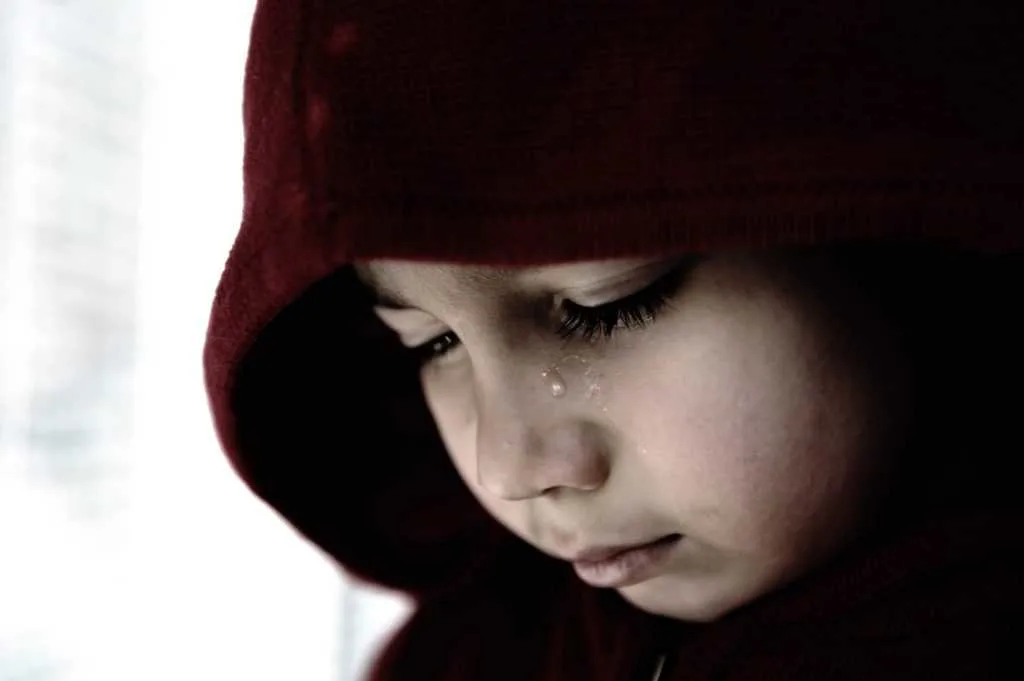
People who grew up with parents in unhealthy relationships may later experience success or failure as a definition of their worth. This can have a significant effect on their self-esteem. There is therefore a strong fear of failure or rejection.
They are highly motivated to avoid failure at all costs, often to their own detriment.
8. Sense of isolation
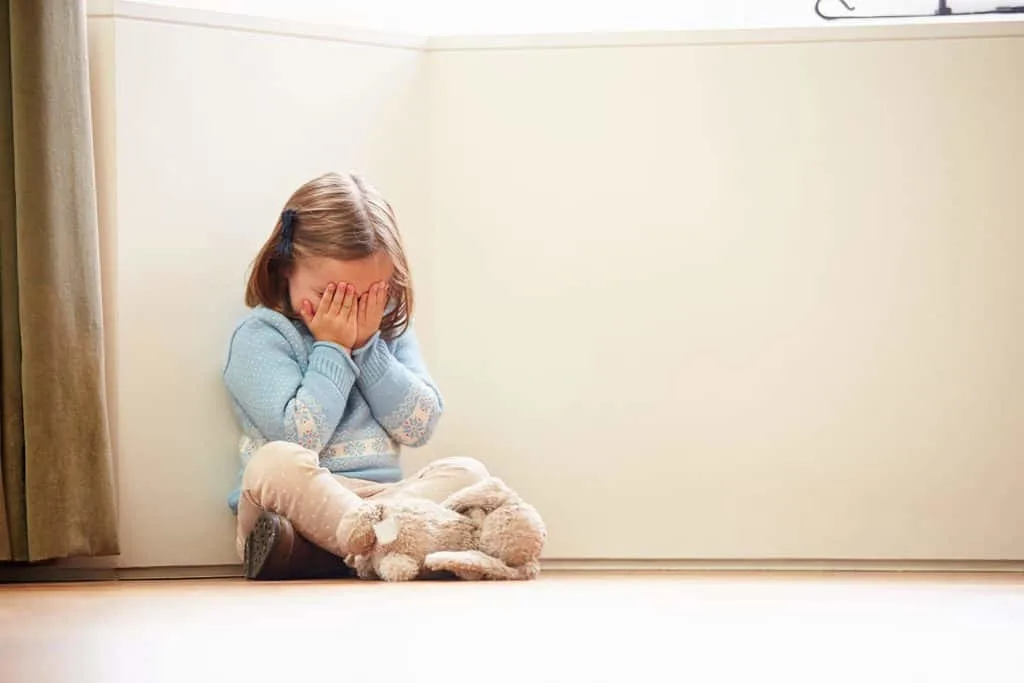
A child surrounded by parents who don’t give him or her enough love and attention may think that this only happens to him or her, whereas in other families everything is perfect – the parents are caring and full of love.
Growing up in such an atmosphere shapes a person who, later in life, feels isolated and afraid. Children from families with troubled relationships are more likely to isolate themselves from others because of a deep sense of shame.
They may keep quiet and keep anything that disturbs them to themselves. On the other hand, they will want more than anything to belong to a group, to feel connected to someone.
9. Extreme sensitivity

Fear of rejection often dominates the inner world of children who have not felt the love and attention of their parents. It cultivates itself to impose a sense of worthlessness on them: they don’t deserve to be loved.
Bad parents know how to tell children they’re too sensitive when they react violently to their verbal abuse.
10. Conflict
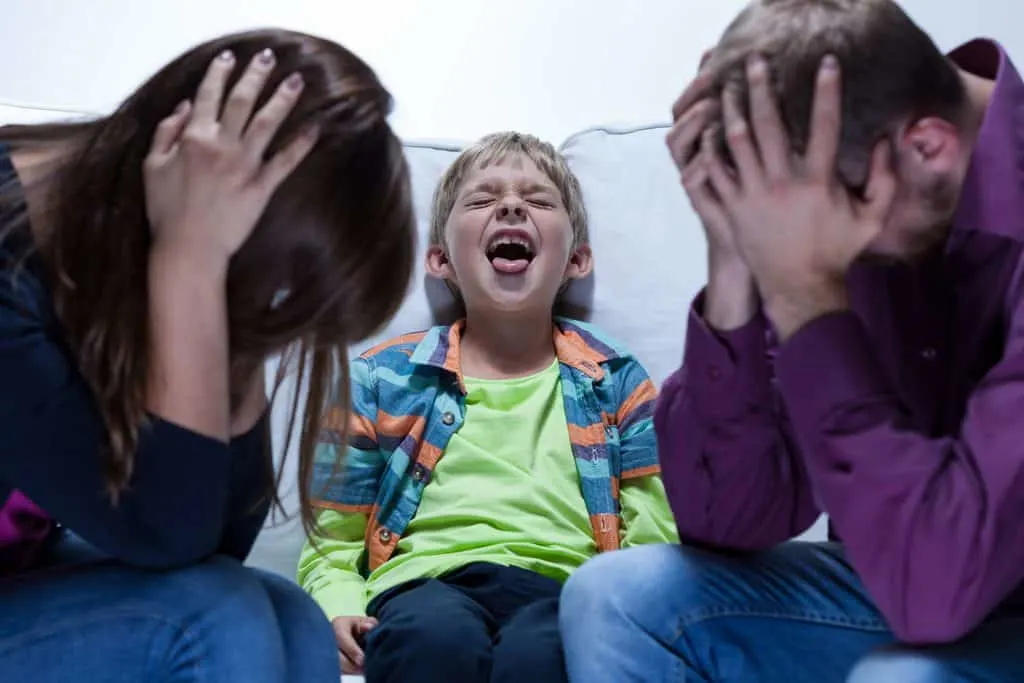
The constant need for love and support, and the inability to achieve it, provokes a kind of anger in the child, which can lead to problematic behavior. Unhealthy relationships with parents in children, and later in adults, lead to confusion, insecurity and many internal disorders.

